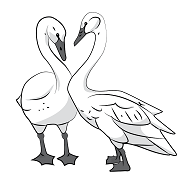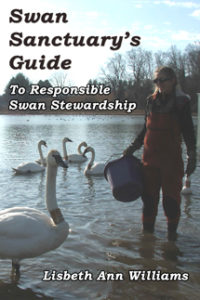Scientists garner great respect from others. Through careful observations and study of our natural world, they draw conclusions which are then accepted as fact. It is believed that if something is proven to be true, it cannot be challenged. But, scientists are people and often create what is called human error. In other words, scientists can be wrong. In fact, Louis Pasteur became aware of his own mistake towards the end of his life and retracted his original hypothesis. It could not be proven.
I recently watched a delightful series on Netflix called Tiny Creatures. Every day, through hours and hours of observation and the help of hidden cameras, scientists have been able to glimpse into the private lives of many other species. Ravens, mice, rats, and squirrels have intelligence far greater than we have given them credit for. They know how to problem solve and reason, and some even use tools. It has long been known that elephants, chimpanzees, dolphins, and even goats are capable of surmounting complex problems. They also have excellent memories. The truth is, all species on the planet, including us, are scientists learning to navigate the physical world with our senses and our brains, to ensure our survival.
The problem with modern science is that too often what is concluded and accepted, is later found to be erroneous. Scientists have attempted over and over again to solve a dilemma through scientific means, only to create a monster as they did when they brought kudzu to the south to try and “fix” an erosion problem. They have gone from merely trying to understand our world and to thrive in it, to attempting to control it. They have created numerous drugs, which later prove to cause serious side effects. They created the atom bomb and other weapons of mass destruction. And now, with all of their meddling, COVID19 has been released into the world.
Science can be used for good or for evil. We must learn to take it “with a grain of salt”. We must bear in mind always, that we live in a world that is ever changing and what we conclude today, may look entirely different in tomorrow’s light.



